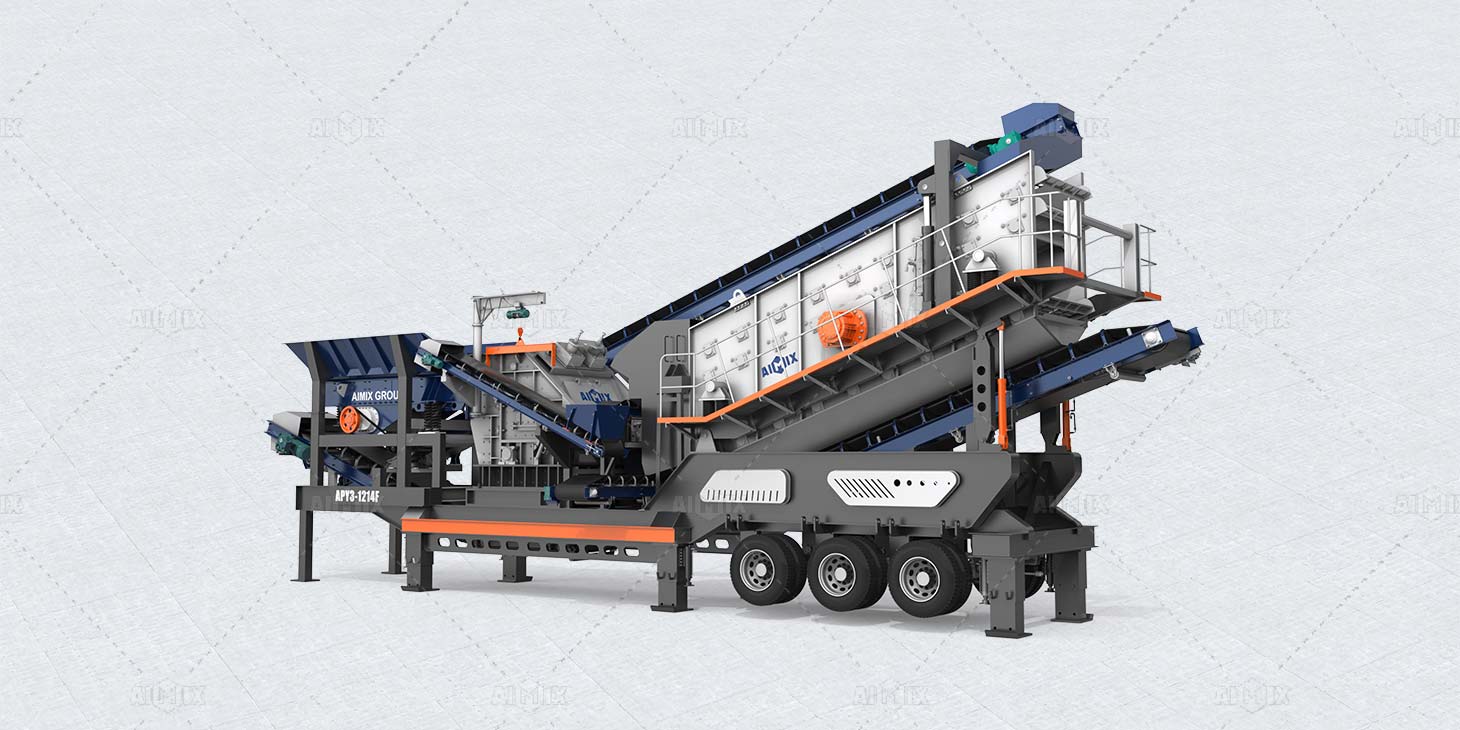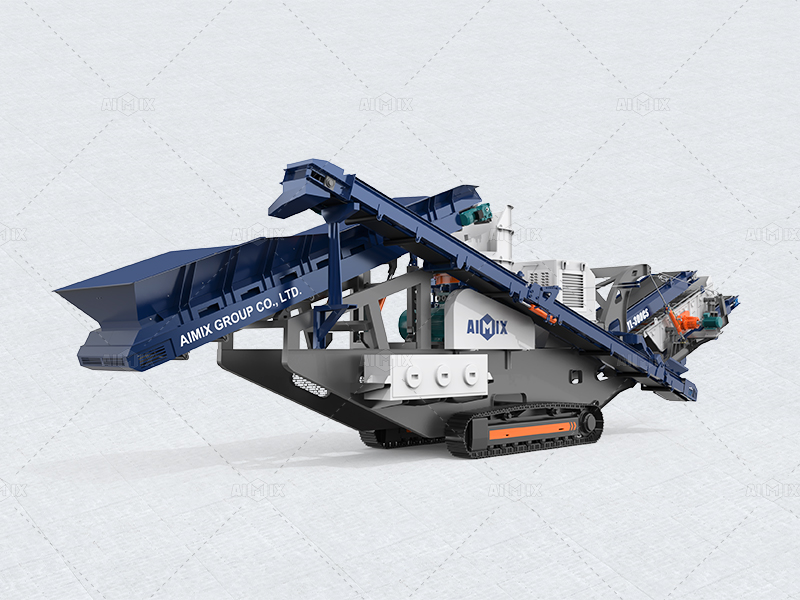The mobile crushing plant market has witnessed significant evolution, driven by advancements in technology and changing demands in construction and mining sectors. A critical decision for project managers and procurement officers is whether to invest in wheeled or track mobile crushing plants. Each variant presents unique operational advantages, thereby influencing initial costs, maintenance needs, and overall lifecycle expenses. Understanding these distinctions is paramount for making an informed investment decision tailored to specific project requirements.
This article delves into the fundamental differences between wheeled and track mobile crushing plants, focusing on their pricing structures. By examining various factors such as mobility, application versatility, and operational efficiency, stakeholders can better navigate the complexities of the mobile crushing market. The analysis culminates in a clearer understanding of how these factors contribute to mobile crushing plant price differentials, ultimately guiding optimal purchasing strategies.

Understanding Mobile Crushing Plant Variants
1. Wheeled Mobile Crushing Plants
Wheeled mobile crushing plants are designed for versatility and ease of transport. Typically mounted on a wheeled chassis, they can be easily towed by a truck, making them ideal for projects requiring frequent relocation. The mobility of wheeled plants allows them to access remote sites and adapt to changing project environments.
Moreover, wheeled plants often feature a simpler design, which can result in lower initial costs compared to their track counterparts. This simplicity facilitates easier maintenance and reduces downtime, enhancing overall productivity. However, their operational efficiency may be compromised on uneven terrains, where stability becomes a concern. Thus, while they offer advantages in terms of transport and cost, their performance may be limited in specific applications.
2. Track Mobile Crushing Plants
In contrast, track mobile crushing plants are engineered for superior stability and traction, particularly in challenging terrains. Equipped with tracks instead of wheels, the track mounted crushers are designed for enhanced mobility over rough surfaces, making them particularly suitable for mining operations and construction sites with uneven ground.
Track plants generally come with advanced features and automation, resulting in higher initial investment costs. However, their ability to operate efficiently in diverse conditions can lead to lower operating costs in the long run. The robust build and advanced technology mitigate the risk of breakdowns, which can be a significant cost factor in mobile operations. As a result, while track plants may demand a higher upfront expense, their durability and adaptability can yield substantial savings over time.

Price Differentiation Factors
1. Initial Purchase Cost
The initial purchase cost is a pivotal consideration when comparing wheeled and track mobile crushing plants. Wheeled plants, due to their simpler design and ease of manufacturing, typically have lower upfront costs. This affordability makes them attractive for small to medium-sized projects where budget constraints are prevalent.
Conversely, track mobile crushing plants often command a premium price due to their advanced engineering and enhanced features. The investment in a track plant may be justified by its operational capabilities, especially for larger projects or those requiring consistent performance under demanding conditions. As such, stakeholders must weigh the initial cost against the anticipated operational demands to determine the most economically viable option. Get best crusher cost from AIMIX Group company.
2. Operational and Maintenance Costs
Beyond initial purchase prices, operational and maintenance costs are critical in the overall cost analysis of mobile crushing plants. Wheeled plants may incur lower maintenance costs due to their straightforward design and ease of access for repairs. This can lead to reduced downtime and a more favorable cost-to-benefit ratio in suitable applications.
On the other hand, track plants often require specialized parts and maintenance expertise, which can elevate ongoing costs. However, their resilience in harsh environments may offset these expenses through increased uptime and productivity. Therefore, while wheeled plants may be less expensive to maintain, the long-term reliability of track plants can provide a compelling argument for their higher stone crusher price point.
3. Resale Value
Resale value is another significant factor influencing the total cost of ownership for mobile crushing plants. Wheeled plants, while initially cheaper, may depreciate more rapidly due to their less robust design and versatility limitations. This can result in lower resale values, impacting overall financial returns on investment.
Track mobile crushing plants, although more expensive upfront, often retain their value better. Their advanced features and reputation for durability can attract buyers even in the used machinery market. As such, the potential for higher resale values should be factored into the decision-making process, as it can significantly influence the overall financial implications of the investment.
Conclusion
In conclusion, the choice between wheeled and track mobile crushing plants hinges on a myriad of factors, including initial purchase costs, operational efficiency, maintenance requirements, and resale value. Wheeled plants offer cost advantages and ease of transport, making them suitable for certain applications. Conversely, track plants, while more expensive initially, provide superior stability and long-term value, particularly in demanding operational contexts.
Ultimately, stakeholders must conduct a comprehensive evaluation of their specific needs, project conditions, and budgetary constraints to make an informed decision. By understanding the intricate dynamics of mobile crushing plant pricing, organizations can optimize their investments and enhance project outcomes.
